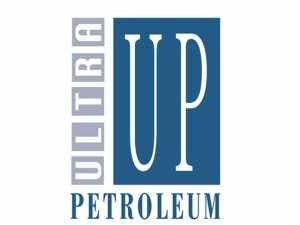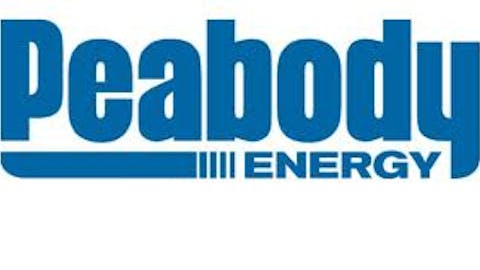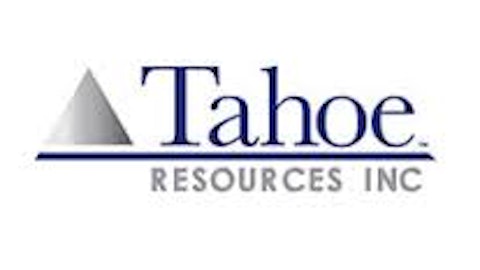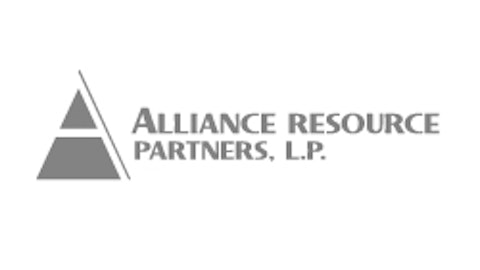Natural gas isn’t as cheap as it was a year ago and that’s leading to big changes in the energy market. That will be a good thing for Ultra Petroleum Corp. (NYSE:UPL), Royal Dutch Shell plc (ADR) (NYSE:RDS.A), and Alliance Resource Partners, L.P. (NASDAQ:ARLP).
Gas Costs
Drilling for natural gas costs money. How much varies by company, but Ultra Petroleum Corp. (NYSE:UPL) pegs the average cost at about $7, with a high of around $10 and a low of $3. Ultra Petroleum Corp. (NYSE:UPL), is among the lowest-cost producers. However, with natural gas trading in the $4 range, a lot of drillers aren’t making money.
So, while natural gas prices have increased notably off of their lows in the $2 range, they still aren’t high enough for the natural gas industry to see big profits. A company like Ultra Petroleum Corp. (NYSE:UPL), however, is benefiting now from rising prices.
Ultra Petroleum Corp. (NYSE:UPL)’s revenues and earnings jump around, like most commodity focused companies. And 2012 was a particularly ugly year because a $2.9 billion non-cash write-down of its gas properties led to a loss of more than $14 a share. That write-down, however, is likely to be reversed in the future as natural gas prices recover, and it didn’t affect the company’s underlying business.
As natural gas prices rise, look for Ultra Petroleum Corp. (NYSE:UPL) to be among the first in line to benefit. The shares offer aggressive investors notable upside potential.
Less Risk
Another company set to benefit from rising natural gas prices is Royal Dutch Shell plc (ADR) (NYSE:RDS.A). Royal Dutch Shell plc (ADR) (NYSE:RDS.A) was among the big players to invest heavily in U.S. natural gas assets as gas prices headed to their highs. That investment quickly turned into a notable problem when prices fell to historic lows.
This investment, coupled with troubles finding new sources of oil, has been a notable drag on the stock. For example, despite their very similar makeups, Exxon Mobil Corporation (NYSE:XOM) and Chevron Corporation (NYSE:CVX) are both afforded premium prices compared to Royal Dutch Shell plc (ADR) (NYSE:RDS.A). In fact, Royal Dutch Shell plc (ADR) (NYSE:RDS.A)’s around 5.3% yield is nearly twice that of Exxon Mobil Corporation (NYSE:XOM) and about two percentage points higher than Chevron Corporation (NYSE:CVX).
All three of the integrated oil giants see their top and bottom lines jump around a lot. However, like the other two, Royal Dutch Shell plc (ADR) (NYSE:RDS.A) has a solid history of regular, though not annual, dividend hikes. Moreover, it is financially strong and offers investors a way to play a gas rebound without the need to invest in a company almost totally dependent on natural gas.






